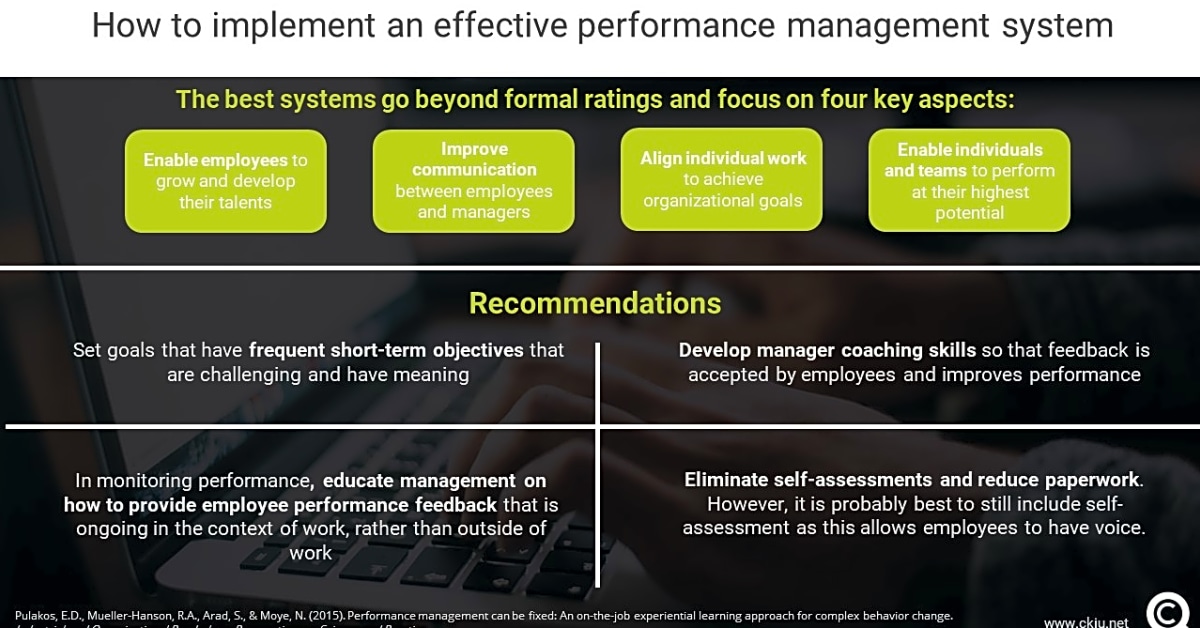In any workplace, providing effective feedback and coaching is crucial for the success of both individuals and the organization as a whole. As a leader, it is your responsibility to guide and develop your team members to reach their full potential, while also ensuring that their performance aligns with the goals and objectives of the company. This is where operational leadership plays a critical role, as it focuses on the day-to-day management of tasks and processes to drive overall efficiency and productivity. In this article, we will explore the various techniques and strategies that can help you provide valuable feedback and coaching to your team members in an operational leadership role. Whether you are a new manager looking to establish yourself as a strong leader or a seasoned professional seeking to enhance your coaching skills, this article will provide you with practical tips and insights for success. So let’s dive in and learn how to become an effective coach and mentor in the workplace.
To start, it is important to understand that providing feedback and coaching is a continuous process that requires ongoing effort and commitment. It goes beyond simply giving praise or criticism; it involves actively listening, observing, and engaging with team members to identify areas of improvement and help them reach their full potential.
In the context of operational leadership, providing feedback and coaching is crucial for effective management and team building. Not only does it help improve organizational efficiency and performance, but it also cultivates a positive work culture and helps individuals grow as leaders. In this article, we will cover the main strategies and techniques for providing feedback and coaching in the context of operational leadership.
One key aspect of providing feedback and coaching is active listening. This means truly paying attention to what team members are saying, both verbally and non-verbally. It also involves asking open-ended questions to gain a deeper understanding of their thoughts and perspectives.
Another important element is observation. As a leader, it is essential to observe team members’ behaviors, work habits, and performance to identify areas of improvement. This can include both positive and negative behaviors, as both can be used as opportunities for growth and development.
Effective communication is also vital when providing feedback and coaching in operational leadership. It is essential to communicate clearly, respectfully, and constructively. This means avoiding criticism or praise without proper explanation and instead providing specific examples and actionable steps for improvement.
In addition to verbal communication, non-verbal cues such as body language and tone of voice can also play a significant role in how feedback is received. Therefore, it is crucial to maintain a positive and supportive attitude when providing feedback and coaching.
It is also important to note that providing feedback and coaching should be an ongoing process rather than a one-time event. Regular check-ins with team members can help track progress, address any issues, and provide continuous support for growth and development.
Furthermore, it is essential to tailor feedback and coaching to each individual’s needs and learning style. Some team members may respond better to visual aids, while others may prefer more hands-on approaches. Understanding these preferences can help make the feedback and coaching process more effective.
In conclusion, providing feedback and coaching in operational leadership is crucial for effective management and team building. It requires active listening, observation, effective communication, and a commitment to ongoing development. By implementing these strategies and techniques, leaders can create a positive and supportive work culture that fosters growth and success for both individuals and the organization as a whole.
Effective Communication and Active Listening
Communication is key when it comes to providing feedback and coaching. This includes not only giving feedback but also actively listening to what your team members have to say. Encourage open and honest communication, and make sure to listen attentively without interrupting.
Goal-Setting and Performance Evaluation
Setting clear goals and expectations is crucial for effective feedback and coaching. Make sure to involve your team members in the goal-setting process and regularly evaluate their performance against these goals. This will help track progress, identify areas for improvement, and provide targeted feedback.
Coaching and Mentoring
Coaching and mentoring go hand in hand with providing feedback. As a leader, it is important to not only give feedback but also guide and support your team members in their professional development. This can involve providing resources, setting up mentorship programs, or offering one-on-one coaching sessions.
Constructive Feedback and Recognition
When giving feedback, it is important to be specific, objective, and constructive. Focus on behaviors rather than personalities, and provide actionable suggestions for improvement. This approach allows for a more productive and professional conversation, as it focuses on the issue at hand rather than the individual.
It is also important to provide actionable suggestions for improvement. Rather than just pointing out what went wrong, offer solutions and ideas for how the individual can improve in the future. This not only shows that you have invested time and thought into their development, but it also gives them a clear path for improvement.
In addition to providing constructive feedback, it is equally important to recognize and celebrate successes and achievements. This not only boosts morale and motivation within the team, but it also shows that you value and appreciate your team members’ hard work. Make sure to give credit where credit is due and celebrate both big and small wins.
Overall, providing constructive feedback and recognition in operational leadership is essential for fostering a positive work culture and helping individuals grow as leaders. By being specific, objective, and providing actionable suggestions for improvement, you can create a more productive and effective team. And by recognizing and celebrating successes, you can motivate and encourage your team members to continue striving for excellence.
In conclusion, providing feedback and coaching is an essential aspect of operational leadership. By implementing these strategies and techniques, you can improve team building, problem solving, decision making, and process improvement within your organization. Remember to always communicate openly and listen actively, set clear goals and expectations, provide constructive feedback and recognition, and offer coaching and mentoring opportunities for your team members.







